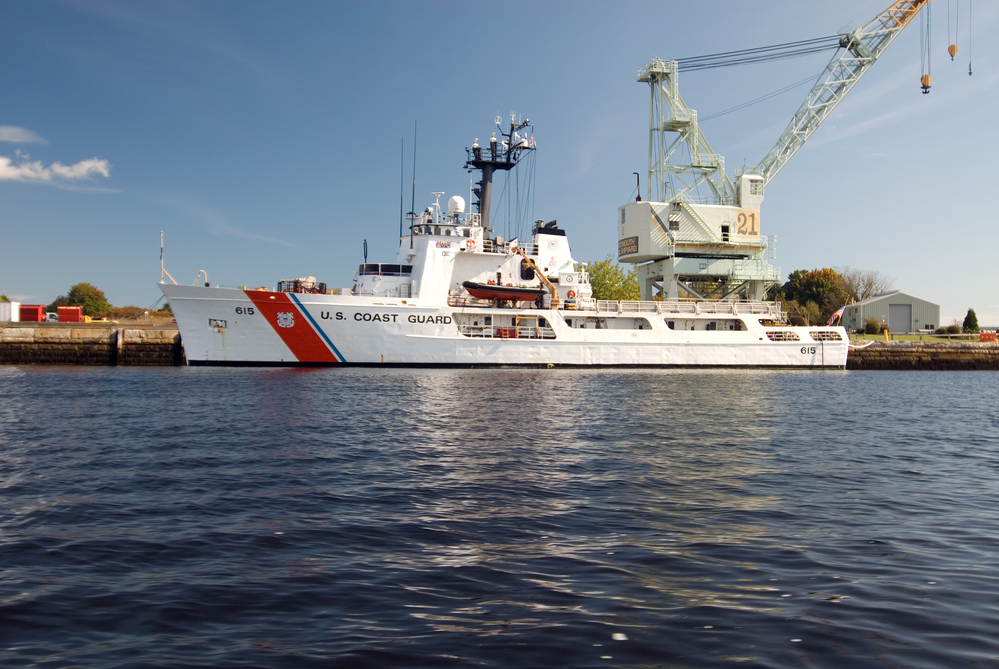
If the United States wants to counteract Russian and Chinese movements in the Arctic region, they are going to grow the ice-breaking capabilities of the US Coast Guard. According to a statement made by the service’s commander, last week, polar ice has been in steady decline these past few decades, and this has opened up potentially new trade routes that could unite Asia, Europe, and North America.
At last week’s House Homeland Security Committee transportation and maritime security panel hearing, Admiral Linda Fagan highlighted their need to devise a fleet of icebreakers that can maintain a furtive presence in the Arctic region. Specifically, she emphasizes the need for polar security cutters.
“We are an Arctic nation,” Fagan conveyed at the hearing. “Getting the capability and capacity to create an enduring presence in the Arctic, in the waters off Alaska are absolutely a priority.”
That in mind, production for the new polar security cutters has already begun. Shipbuilder VT Halter Maritime started production earlier this year, under a fixed-price contract. This fleet is expected in 2025.
Of course, that is just the beginning, as the Coast Guard says they are going to eventually add three heavy icebreakers to the fleet. After this they will order at least three medium icebreaker ships. To accomplish this, the US Coast Guard initially requested more than $167 million in their budget for fiscal year 2023 to assist in maintaining the PSC production. They have also sought more than $30 million for the primary operation of a commercially available icebreaker in the meantime. Currently, the US operates only two icebreakers: the Polar Star (heavy), and the Healy (medium).
That said, China declared itself a “near-Arctic power” in 2018, declaring its focus on stabilizing energy security in anticipation of its transition away from coal. In regards to this, then, Fagan advises, “As [China] operates around the world, presence, and access, I believe, is their interest, which is why it becomes so critical for us as an Arctic nation to have a presence on the water in the Arctic to ensure our own national sovereignty.”
